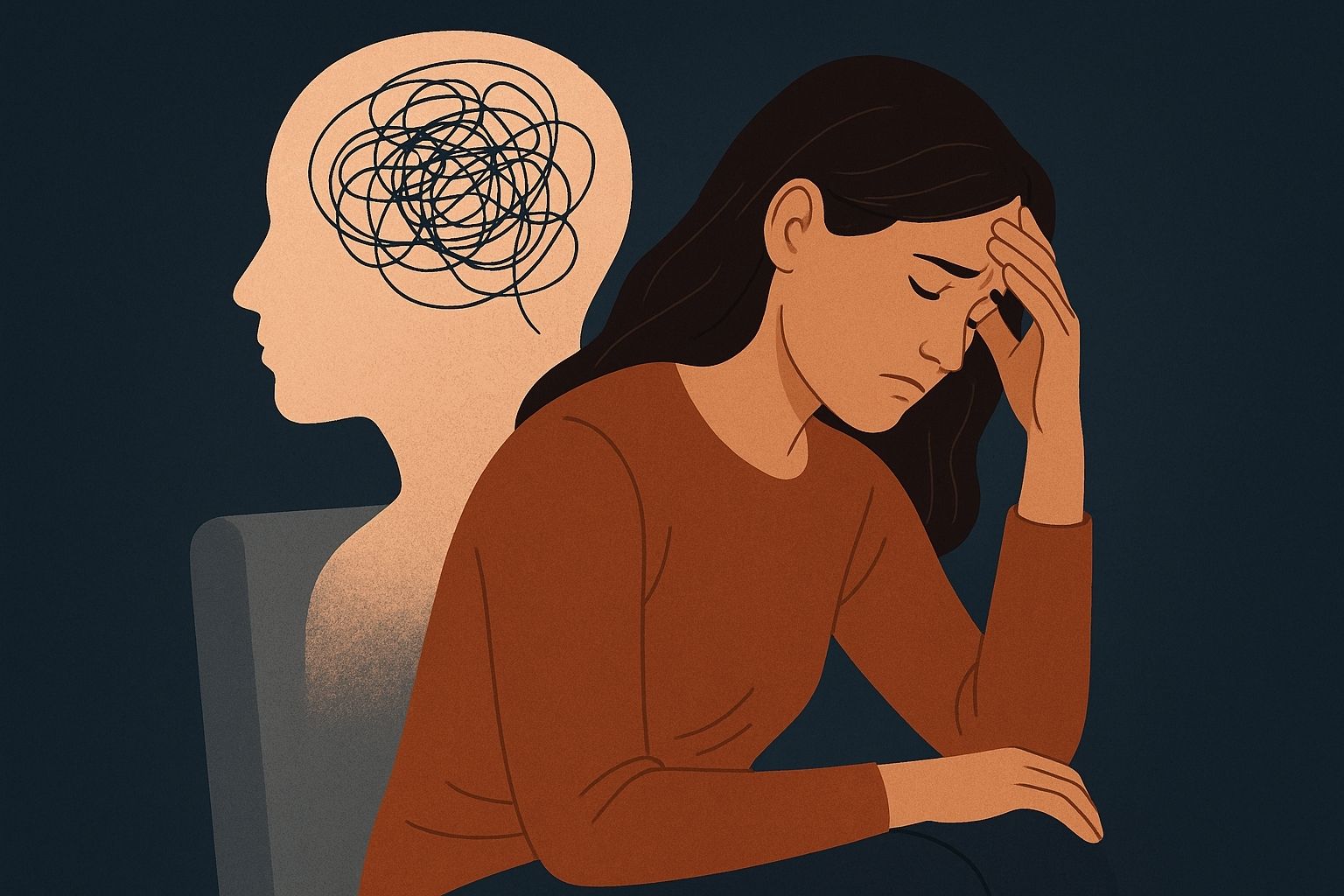What Makes Sexual Abuse Cases So Complex From A Psychological Perspective?

⚠️ Content Advisory. This article discusses sexual abuse and trauma. Reader discretion is advised.
Understanding what a victim of sexual abuse went through and is still going through is extremely difficult. It might seem obvious to think that it was a horrible experience. And that assumption would be correct. However, what most people fail to realize is just HOW horrible it actually is.
It’s extremely complicated to fully understand them because survivors wrestle with a plethora of negative emotions, paired with confusion, and sometimes even memory gaps due to the brain trying to protect the mind from trauma. Victims sometimes remember the event only after years have passed, at which point they’re struck. Piecing such a story together is almost impossible.
Unfortunately, there’s no ‘straightforward’ or ‘textbook’ way of dealing with sexual abuse cases, because they’re too painful and filled with psychological twists that end up confusing both the victim and the person trying to help them.
In this article, we’ll go through what makes these cases so complex from a psychological point of view.
Trauma and Emotional Turmoil
Sexual abuse leaves a deep, lasting mark on a person’s mind and emotions. Even if it only happened once, it’s not a one-time event because it shakes the very foundation of how survivors see themselves and the world around them. The trauma can be a trigger for fear, shame, guilt, anxiety, and even depression.
None of these emotions can just disappear on their own and, instead, they shape how survivors act and respond long after the abuse ends.
For example, a person can become withdrawn or avoid certain people and places, which can confuse and frustrate those around them because they can’t understand the pain behind that behavior. The emotional trauma will also impact how the survivors tell their stories. They might not report the abuse right away or they’ll give details that seem unclear or even contradictory.
It’s really important to understand that this isn’t lying or being unreliable; it’s the brain’s way of protecting itself from overwhelming pain.
Memory Gaps
Trauma has a huge effect on the emotional state, but it can also change how memories are formed and recalled. When a person experiences sexual abuse, their brain sometimes shuts down or just disconnects to protect them from trauma and the full impact of the event.
This dissociation can make the memories fragmented or blurry, so it can be hard to remember everything clearly and in the right order. Sometimes, these memories don’t even surface until years later, which is why a lot of survivors only recall abuse long after it happened.
This is the reason why investigations and legal cases get tricky, since timelines and details might seem inconsistent or incomplete.
Psychological Complexities in Survivors’ Behavior
People who survive sexual abuse often behave in ways that seem confusing or unexpected for someone who hasn’t experienced trauma themselves. But that behavior is not dishonesty or instability, it’s just how the brain copes with something extremely painful.
Here are some of the most common psychological patterns in survivors.
1. Trust Issues
Sexual abuse is a horrendous betrayal and it often comes from someone the survivor knew or depended on. That kind of trauma destroys trust, so it becomes hard to trust anyone who wants to help, especially if it’s the police, lawyers, or therapists. The survivors aren’t trying to be difficult, they’re only protecting themselves.
We’ve seen this in high-profile cases, like the Dr. Ortega NorthShore sexual abuse lawsuit, where survivors hesitated to come forth because they didn’t feel safe and supported.
2. Avoidance and Silence
A lot of survivors don’t want to talk about what happened, especially at first. And that makes total sense because speaking up can bring a wave of shame, fear, and emotional pain that’s almost impossible to handle.
Sometimes, the only way a person knows how to protect themselves is to stay quiet.
3. Inconsistent Testimonies
When you hear someone’s been through trauma, you might expect them to remember every detail clearly, but that’s not always the case. If you’re in survival mode, your brain doesn’t always record things in a straight line. Memories can come back in pieces or even change a little as the emotions shift.
This means that, when a survivor’s story changes a bit, it’s their brain trying to make sense of something painful and confusing.
4. Hypervigilance and Anxiety
After going through abuse, it makes sense to feel like danger is always around the corner. The survivors tend to be jumpy, anxious, and always on alert, even when they’re 100% safe. This is called hypervigilance, and it’s how the brain is trying to prevent more harm.
Living like this is absolutely exhausting, and it can make everything incredibly difficult.
5. Self-Blame and Internalized Guilt
Many survivors blame themselves for what happened, which is heartbreaking. They wonder if they could have done something differently or if they even caused the abuse somehow.
Blaming themselves makes it pretty much impossible to speak out about what happened because they feel guilty and ashamed, even though the abuse was never their fault.
Conclusion
Trauma is different and unique to the person who experiences it. When it comes to sexual abuse, things are no different.
It’s very important to think before you speak to victims and say things like, “That doesn’t add up” or “Why didn’t you say anything sooner?”, it just ends up being heartless and lacks empathy on your end; it’s also a wake-up call for you to get some sensitivity training.
The sad truth is that, even though we’re trying to help, we really have no idea what the person is dealing with.
Survivors are only doing their best, one brave step at a time.